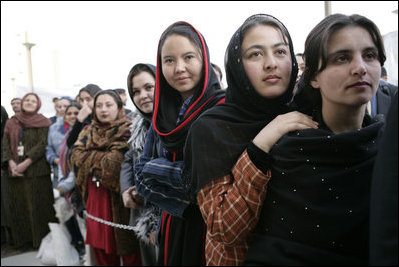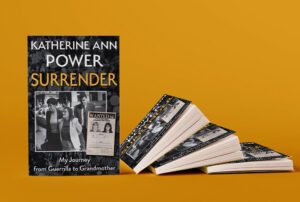
May 21, 2017; New York Times
In a society where men try to control what women talk about, a women’s magazine is a challenge to power. Fatana Hassanzada took up that challenge as she launched Gellara last Thursday.
The idea for the magazine came from a book club Ms. Hassanzada attended—one that included men—where they read novels and discussed “broad philosophical questions.” Some of the women wanted to expand that conversation in a simpler way that matches how Afghan people live.
Gellara did a first print run of 2,000 copies. It includes “fashion tips during pregnancy,” “interviews with young pop artists about their love lives,” “an article about breast cancer,” and an essay on “a proposed family law that has been delayed for years by conservatives who oppose the safeguards it would bring.” In short, it’s a women’s magazine like many others, what the Times describes as “a forum for conversation for young women…a sisterhood of ideas, pre-chewed and packaged on glossy paper with lots of pictures.”
Sign up for our free newsletters
Subscribe to NPQ's newsletters to have our top stories delivered directly to your inbox.
By signing up, you agree to our privacy policy and terms of use, and to receive messages from NPQ and our partners.
Ms. Hassanzada, 23, said her potential audience is “the hundreds of thousands of educated young women throughout Afghanistan, both in high school and at universities.” She knows from her time as a university student that young women are seeking “new conversations,” and it has become “a social responsibility to get the basic information that those women need.” In Afghanistan, “traditional methods of male control prevent many young women from having a phone or being online.”
It took a dozen young female volunteers and two paid young male freelance designers five months to develop the magazine. The young women hope to draw a salary from ads and subscriptions by the time the second issue goes to print. The first issue was covered by an ad.
The team sought to strike a balance between appealing to an educated audience with themes like second-wave feminism, and reaching a wider audience. Ms. Hassanzada said, “When larger subjects have been discussed, it has remained limited to a small class of elite.”
Ms. Hassanzada expects resistance. She knows that certain men will view the magazine as “leading women astray,” and therefore dangerous. She said, “Our view is that without agitation, we won’t reach equilibrium.” Still, she also seeks to strike another balance. While Ms. Hassanzada hopes the magazine will become a household name, for now, the magazine does not list its office address.—Cyndi Suarez













